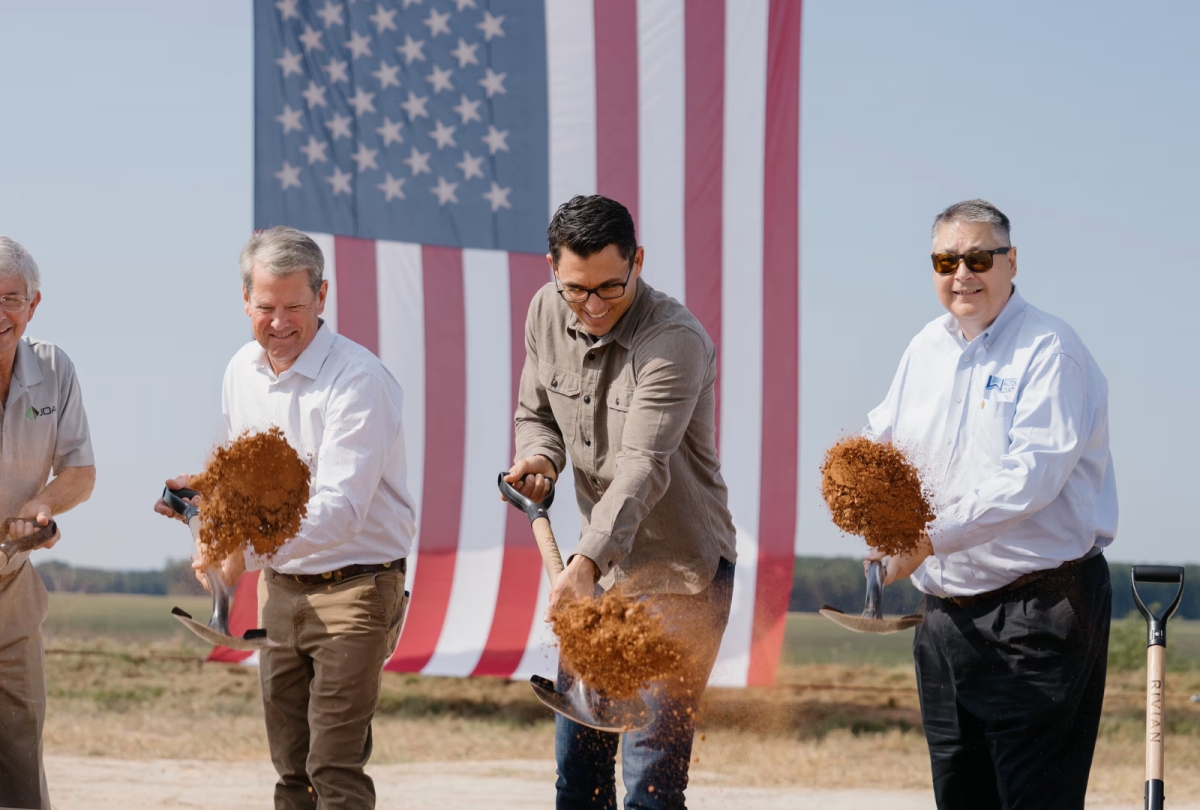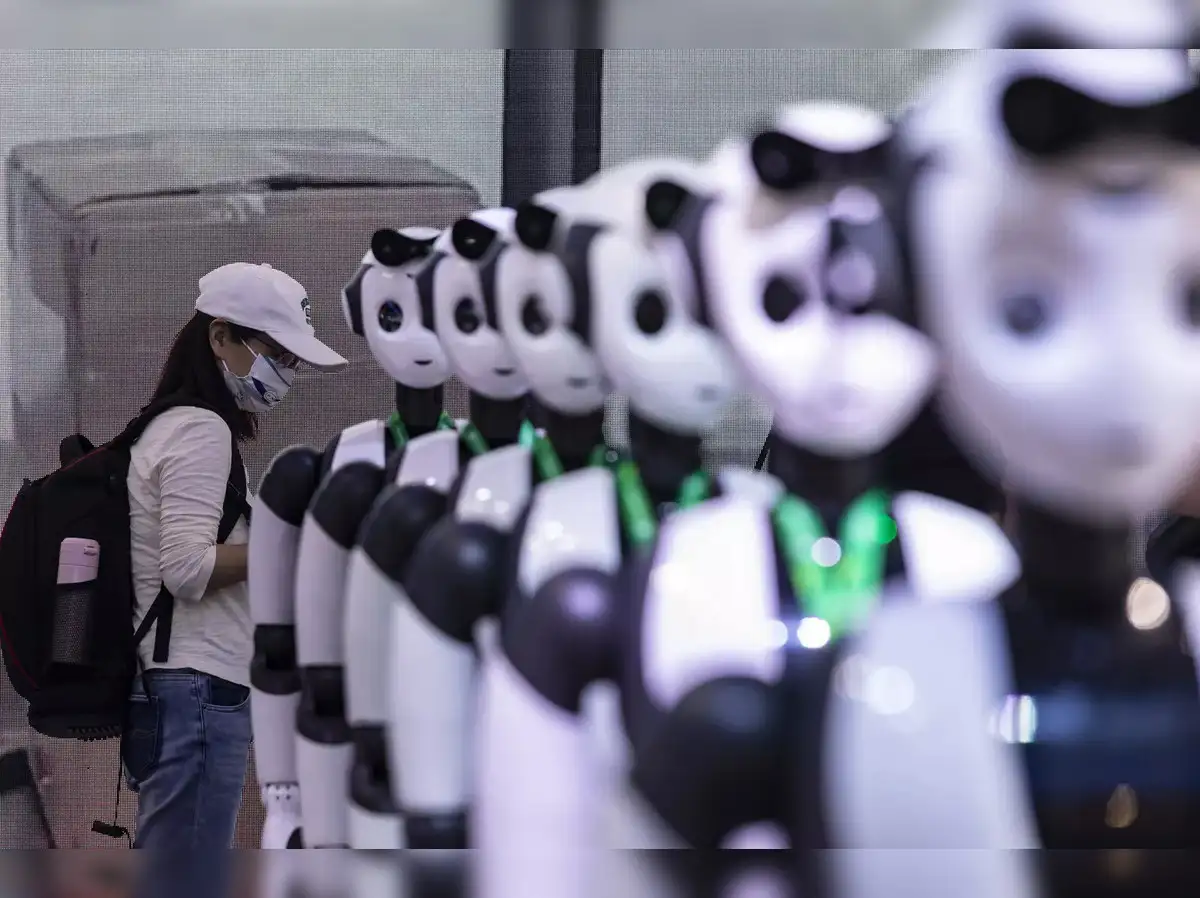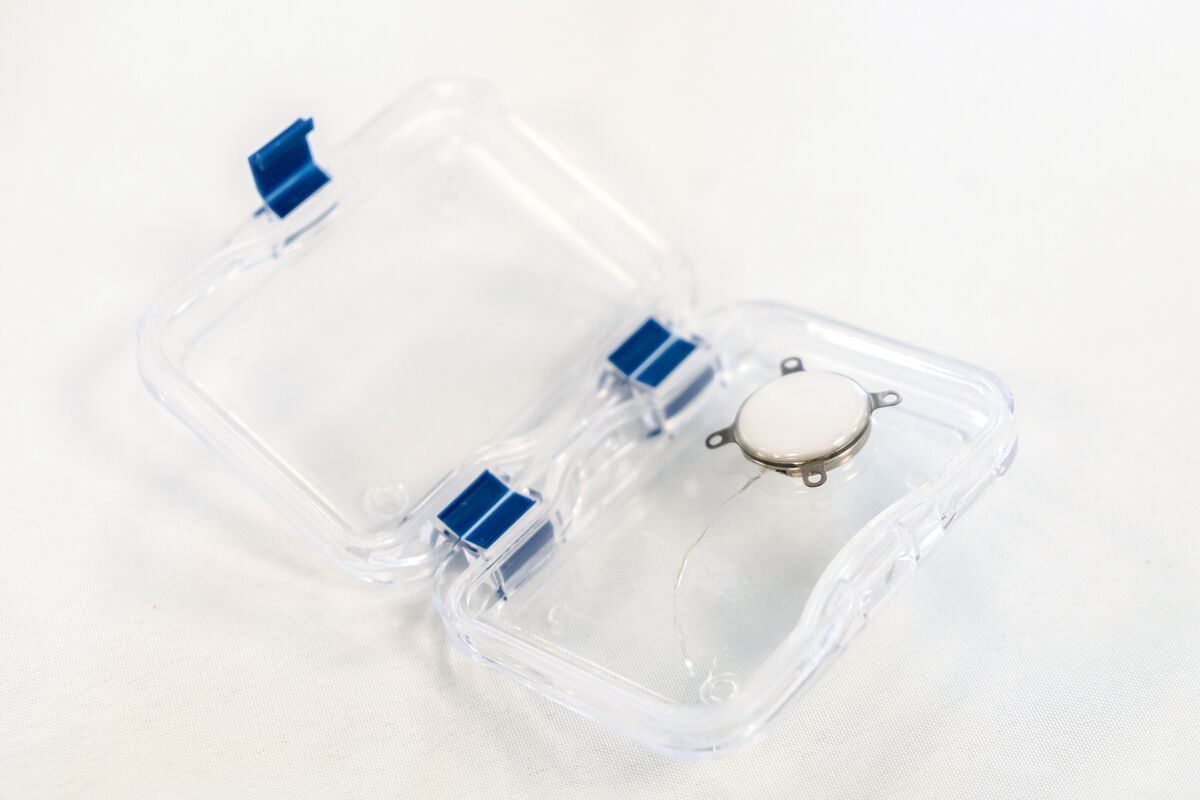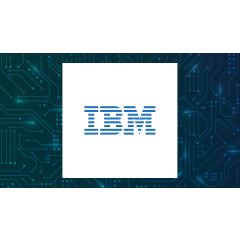
America has three home-grown electric vehicle companies currently making models for sale: Tesla, Rivian and Lucid. All are headquartered in the U.S., and two are currently expanding their manufacturing footprints: Lucid in Arizona and Rivian in Georgia.
Rivian isn’t just expanding; it’s deliberately and thoughtfully building a new campus for its next-generation vehicles that holds true to the sustainability focus of the company and creating thousands of U.S. jobs in the process.
The 2,000-acre site near Social Circle, Georgia, will produce the Rivian R2 and Rivian R3 SUVs. The R2 will first be made at the company’s other manufacturing center in Normal, Illinois.
That Normal plant was refitted by Rivian during its pandemic-era ramp up to production. Megan Farrell, Rivian’s senior director of sustainability, described the first thing Rivian did when it began working on facility’s conversion during Newsweek’s Powering Forward event, “One of the first things that they did when they took over the plant was that they painted all of the interior walls bright white. This might sound somewhat trite, but it really was a physical and symbolic embodiment of a new era of automotive era.”
The company didn’t stop there. It put its stamp on the skyline as well. “Another thing that you would not miss if you were to go to Normal, Illinois, is the nearly 500-foot wind turbine, delivering 2.8 megawatts of energy, and 50,000-square-foot solar panel canopy – two massive onsite renewable energy things,” Ferrell told the gathered audience of 270 registered attendees at the event.
“This is a powerful embodiment of our commitment to clean energy. It’s not just about our own operations; it represents our hyper-focus on a larger goal: grid transformation,” she said.
Those power sources do more than power the plant. They power the vehicles coming out of it. “One thing that we’re particularly proud of is that every single vehicle that is manufactured from Illinois, whether it’s an R1T, R1S or EDV, the first charge of that vehicle is from energy generated from either the turbine for those solar panels,” Farrell shared.
That same sustainability-focused ethos will be carried over to the new plant. “We just could not be more thrilled to have opportunity to build something from the ground up so that we can take the same intention that we brought to Normal into how we design and operate that facility,” she said.
“Once that plant in Georgia is operational, that will create up to 7,500 jobs. And it will produce up to 400,000 vehicles a year, once fully operational,” Farrell said. The manufacturing base is expected to roll its first model off the line in 2028.
Like Tesla and Lucid, Rivian’s success depends on Americans’ will to purchase electric vehicles, even as federal government-funded incentives go away. And the company needs to continue to make a case for itself as more automakers offer new battery-powered vehicles consumers are interested in.
To the audience at Powering Ahead, Farrell said, “I’m sure most people in this room can understand that global competition in the automotive sector, and specifically electric vehicles, is at an all-time high. And at Rivian, we are very proud to contribute to America’s leadership in this very important sector, and we feel that we do that through our innovation, our technology and our vehicles, as well as the jobs that we create.”
Speaking directly about the three models the company currently sells, she continued: “What’s great about Rivian is you don’t need to choose between performance and capabilities of the vehicle, innovation or sustainability. You can have it all in our vehicles.”
The company’s successes have resulted in new business opportunities. Rivian and Volkswagen Group last year announced a joint venture to develop next-generation electric vehicle technology and software.
“I think everyone can recognize that the American business community has been responsible for some of the most innovative and successful companies over the past few decades, and Rivian very much intends to be a part of that,” Farrell said. “And, it’s really through our mission and our values being very much rooted here in the United States.”



